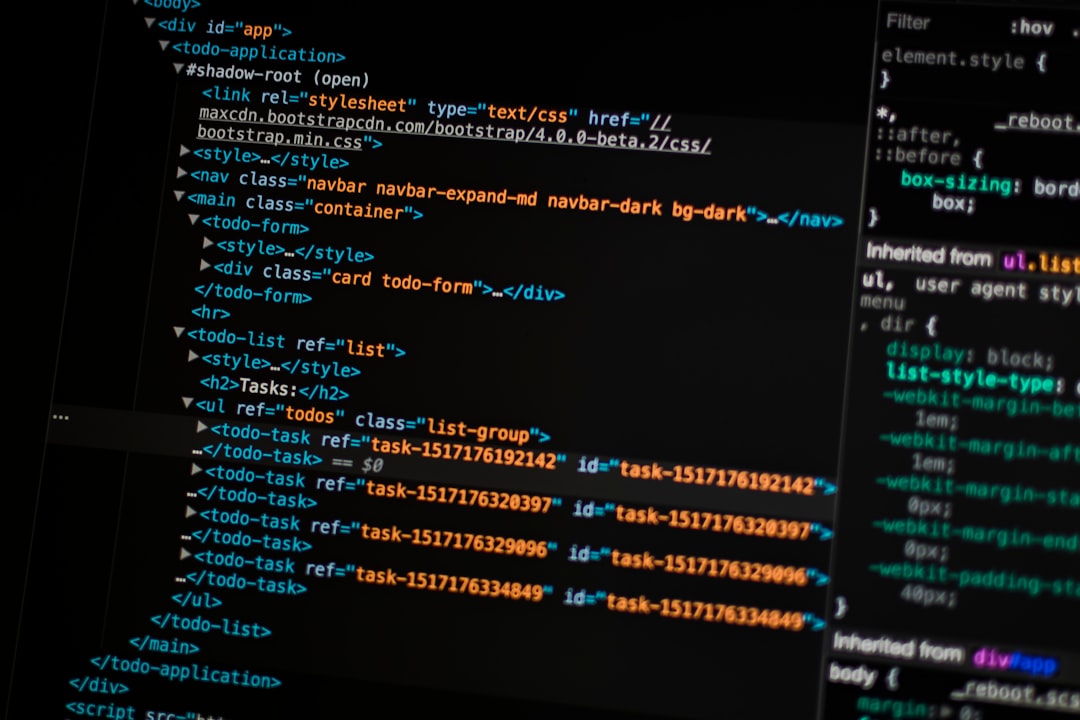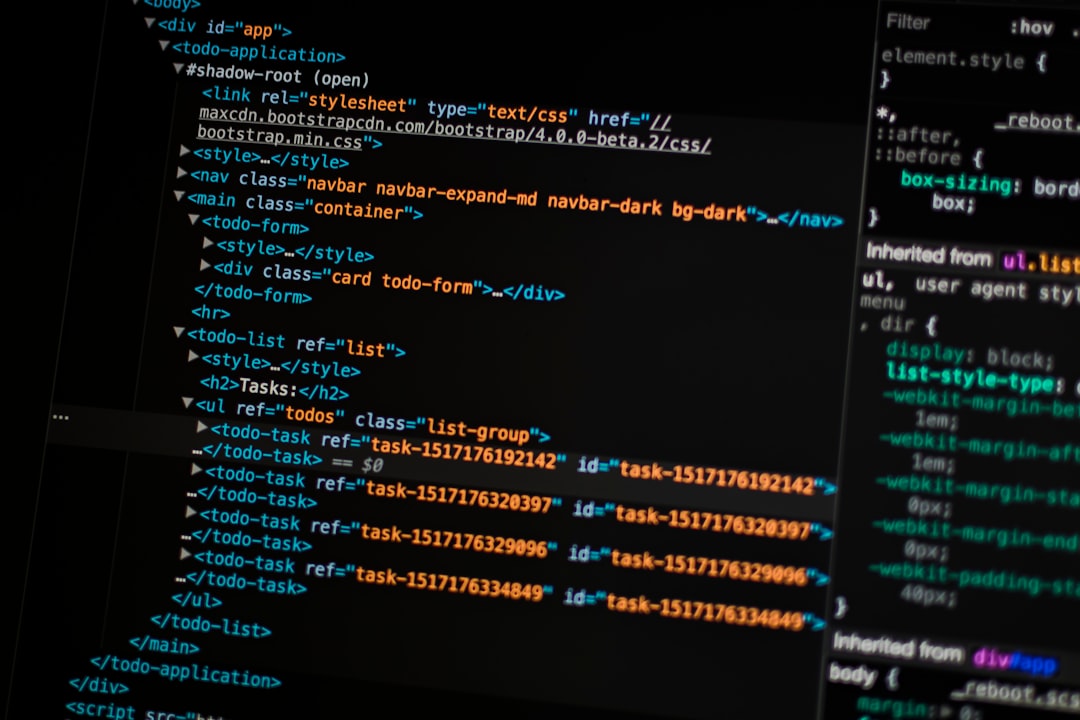Every webmaster, from novice to seasoned developer, will eventually encounter errors and anomalies that behave stubbornly and turn into hours or even days of investigation. One such cryptic and often frustrating issue is the appearance of web search query logs or error tracking systems showing strange entries such as “down ext:php”. It may seem innocuous at first glance, but it’s often symptomatic of a deeper concern related to server configuration, bot activity, or attempts to exploit site vulnerabilities.
Table of Contents
The Origins of “down ext:php”
The term “down ext:php” typically originates from search engine queries or automated scripts scanning websites. This phrase is not standard in programming or web development but instead stems from how bots—or sometimes human users—structure their search queries when looking for specific types of content, such as exposed .php files that are not functioning properly.
Search queries like “down ext:php” are attempts to collect pages indexed by search engines where the word “down” appears and the file type is PHP. This can indicate that your site may be indexed in ways that attract malicious scripts or that certain PHP pages are returning error messages that trigger indexing as “down.”
Why You Should Take “down ext:php” Logs Seriously
While these entries may seem harmless or obscure, their presence in your logs should be treated as a warning sign. Here’s why:
- Security Concerns: Repeated requests or scans involving “.php” files with the term “down” may indicate that someone is probing your site for vulnerable or misconfigured PHP scripts.
- Bot Activity: Automated bots routinely search for known vulnerabilities or outdated software. If they find indications of PHP scripts marked as “down,” they may attempt to exploit these pages.
- Indexing Errors: Search engines may index broken or misconfigured pages which then attract unnecessary attention or misrepresent your site’s functional status.
Simply put, this small query pattern can be a revealing signpost that should prompt further investigation.
Identifying Affected Pages
Identifying which pages are being targeted or indexed incorrectly is the first step. Use your server logs and analytics tools to look for:
- URLs that return HTTP errors, especially 403, 404 or 500
- GET or POST requests to “.php” files that don’t exist or shouldn’t be accessible
- Repeated user agent patterns indicating non-human access
For example, a log of repeated access attempts to /login.php, /admin.php, or /config.php with “down” in the referrer string could indicate attempted exploitation of known vulnerabilities.
Pro tip: Use tools like Fail2Ban, ModSecurity, or even simple IP blocking in your .htaccess file to prevent repeated access from suspicious IP addresses.

Common Causes of “down” PHP Pages
The following are some common reasons why your PHP pages may be flagged as “down” either by users or bots:
- Syntax or Runtime Errors – A frequent issue especially after site updates or plugin installations. Error messages can cause the browser or bot to report the page as “down.”
- Unconfigured or Misconfigured Servers – Incorrect web server settings (Apache, NGINX) can lead to that response.
- PHP Version Conflicts – Mismatches between your script’s requirements and server PHP version can silently break pages.
- File Deletion or Inaccessibility – Files manually deleted or permissions set incorrectly can turn functioning pages into error-prone pages.
To address these issues, be sure to:
- Enable detailed error logs on your development environment
- Use staging environments before pushing changes live
- Regularly test webpage availability using monitoring tools
How to Protect Your Site
Once you understand what’s happening, the question becomes: how can you proactively guard against these problems? Here are some actionable steps:
1. Harden PHP Security
Always follow PHP hardening guidelines. Consider these practices:
- Disable deprecated functions in
php.inisuch asexec(),shell_exec(), andsystem() - Regularly update PHP to the latest supported version
- Use Content-Security-Policy (CSP) headers to prevent malicious scripts
2. Secure Error Reporting
Never show verbose error messages in production. This can inadvertently reveal file structures or vulnerabilities. Configure your server or CMS to:
- Log errors to a secure file location
- Display friendly, generic error pages to users
3. Monitor Access Patterns
Invest in log analysis tools like:
- AWStats or GoAccess for easy visual log analysis
- ELK Stack (Elasticsearch, Logstash, Kibana) for advanced monitoring
- Cloudflare or Sucuri for application-level firewall insights

4. Audit Your Indexing Strategy
Use robots.txt and meta tags to block search engines from indexing sensitive pages. Pages like /admin.php, /login.php, or /config.php should not appear in search engine results.
Here’s a sample robots.txt exclusion:
User-agent: * Disallow: /admin.php Disallow: /login.php Disallow: /config.php
You should also use tools like Google Search Console to spot and remove wrongly indexed URLs.
Handling “down ext:php” Queries in Google Search Console
If Google Search Console shows search queries or crawl errors involving “down ext:php”, take the following steps:
- Use the URL Inspection tool to check how Google sees your pages.
- Submit a request to remove outdated or erroneous pages from the index.
- Implement proper redirects and canonical tags to guide search engines properly.
This proactive approach not only prevents exploitation but also enhances your site’s SEO credibility.
Conclusion
The appearance of entries like “down ext:php” in your logs should not be dismissed as irrelevant or unimportant. Instead, they often point to larger issues such as indexing flaws, potential security vulnerabilities, or broken backend architecture. Understanding the root causes, monitoring behavior, and hardening your configuration are essential steps in safeguarding your site and maintaining its professional integrity.
Always treat your system logs and error reports as valuable assets in detecting early signs of trouble. The more seriously and methodically you approach the issue, the stronger and more secure your web assets will be.





